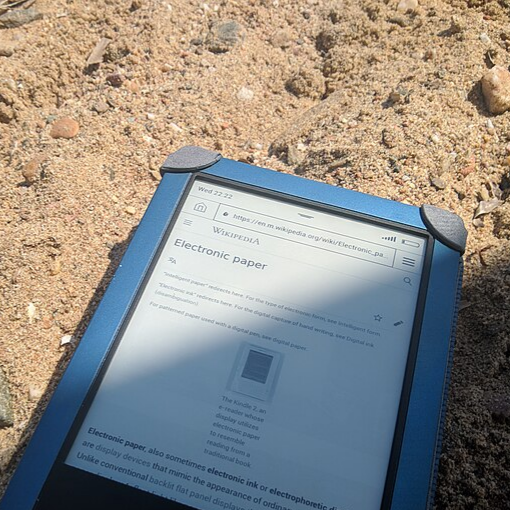Amazon tightens the digital handcuffs

Books, like free software, are meant to be shared.
|
One of the most noteworthy events in the history of Digital Restrictions Management (DRM) was Amazon's Orwellian deletion of George Orwell's 1984 from its customers' e-readers. Ever since then, it's been a touchstone of anti-DRM activism, giving users yet another reason to avoid the "Swindle", as if its proprietary software isn't enough. Just last week, Amazon showed that its campaign against literacy is still very much alive by depriving users with older Kindles (i.e. loyal customers) of the ability to transfer e-books to their devices via USB. As the oldest models of the devices don't have wireless cards, this was the only officially supported method of transferring new books over to the device. (Thankfully, free software able to do this exact thing has existed for years.)
This isn't the only hurdle Kindle users have had to suffer during the lifetime of the device. Amazon still encumbers books purchased through its site with DRM, putting artificial limitations on who you can share your book with and when. Without this basic commitment to shareability, something "dead tree" books have had since their inception, is it really any surprise that Amazon seems intent on adding to global e-waste by making these devices "officially" useless?
Even if a user has a perfectly functioning device, which can transfer text files (also known as e-books) just as well as when it was first released, Amazon would have her limited to the books she's already purchased. Imagine an old but sturdy bookshelf, one with plenty of unused space on it -- and now imagine some petty bureaucrat coming in to tell you that you can't put any more books on it. Amazon's removing "download and transfer" makes just as little sense.
Users deserve more. Not only should the programs which power their devices be free software, but they shouldn't be arbitrarily limited in what they can do with files on their machines, no matter whether that file's contents are home movies, tax documents, or the complete works of George Orwell. Given its origins as a bookseller, Amazon should know better; given its current status as a panoptic corporation, we can't say we're surprised.
Keep doing the right thing. Purchase e-books from sellers that respect your freedom, and don't support Amazon's attack on reading.
"Ebook displaying Wikipedia article about ebooks on sand. this is pocketbook" © 2020, Zsinytwiki. This image is licensed under CC BY-SA 4.0.


